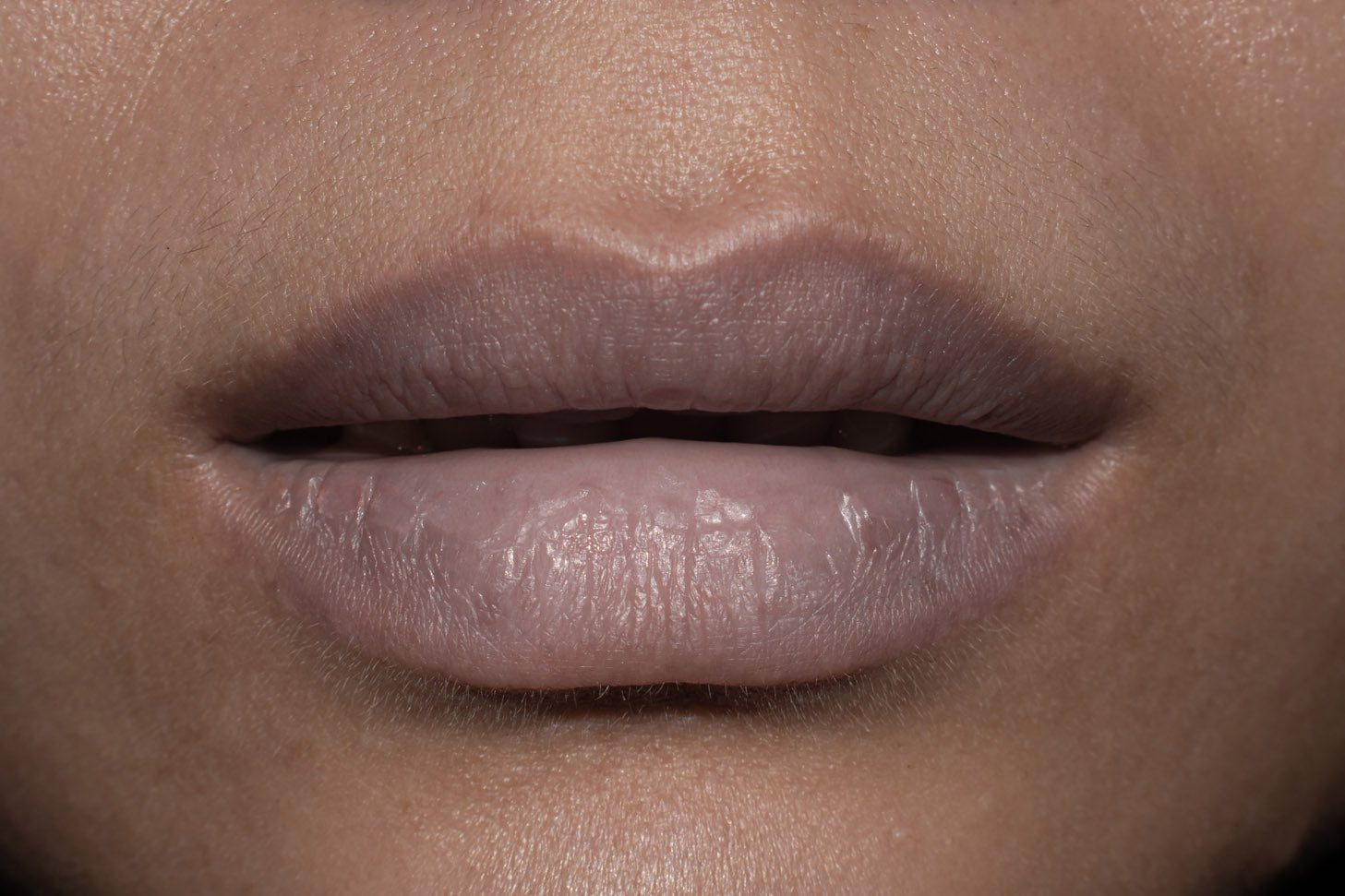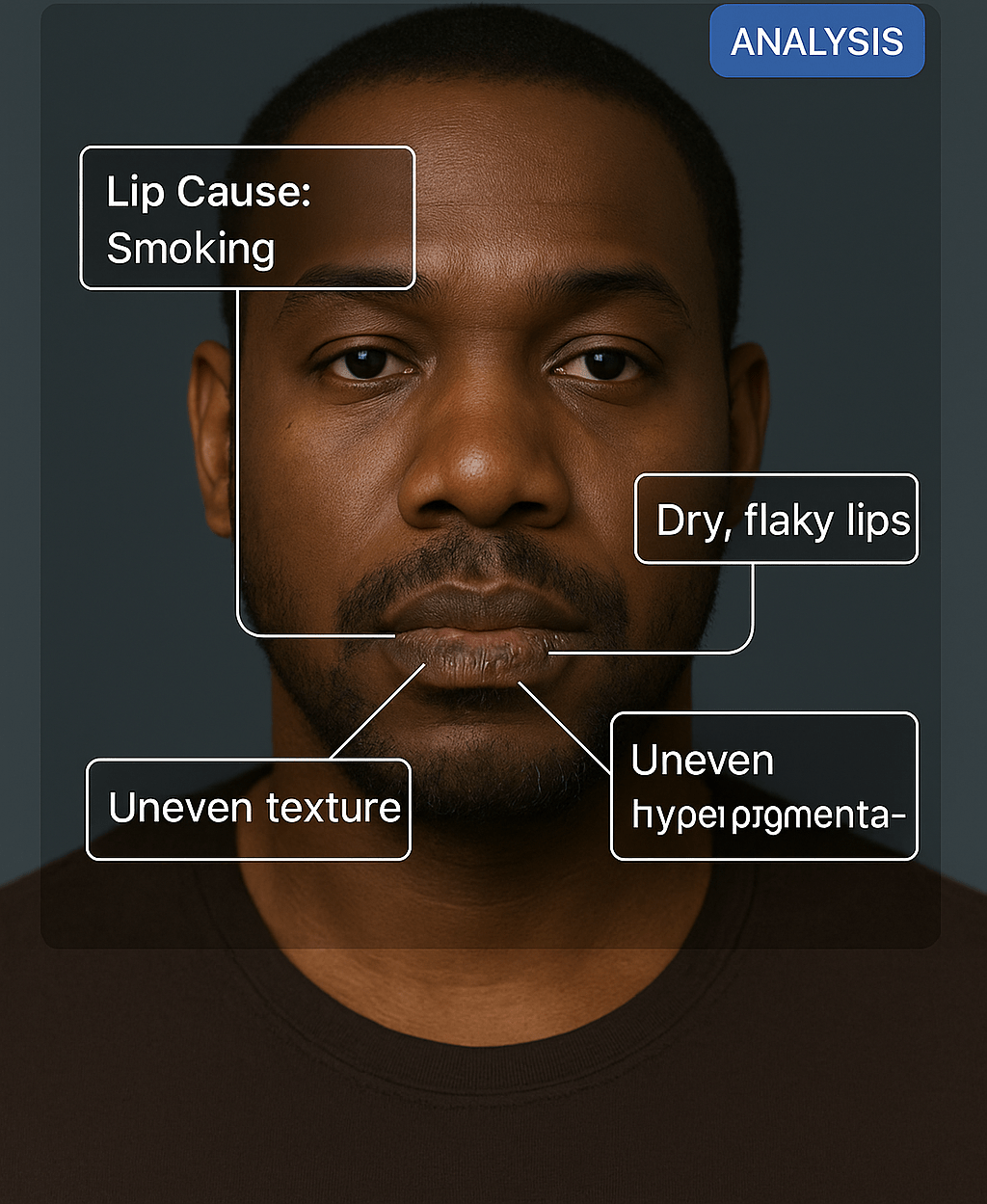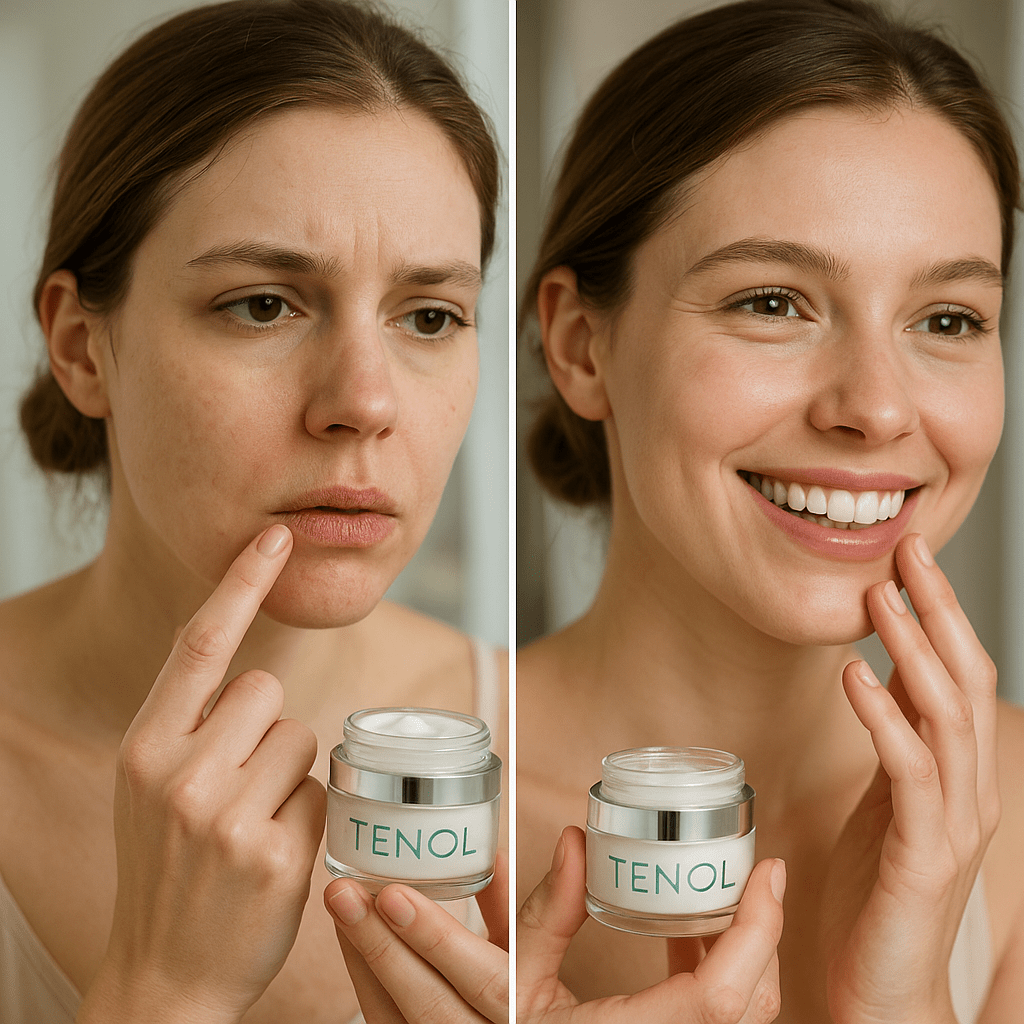What causes lip pigmentation?
Lip hyperpigmentation is a common skin condition that causes dark patches or spots to appear on the lips. The cause of this condition can vary from person to person, but the most common causes are smoking, genetics, sun damage, and hormonal changes. In this article, we'll discuss each of these causes in more detail.
Smoking
Smoking is one of the most common causes of lip hyperpigmentation. When the lips are exposed to the smoke and chemicals present in cigarettes, the cells in the skin can be damaged. This can lead to an increase in melanin production, which is the pigment responsible for giving the skin its colour. The result is dark patches or spots on the lips, that are often more noticeable in smokers. We recommend our advanced corrector cream to reverse this affect.
Genetics
Genetics can also play a role in the development of lip hyperpigmentation. It is thought that some individuals may be predisposed to this condition due to the presence of certain genes. If a person has a family history of lip hyperpigmentation, they may be more likely to develop the condition.
Sun damage
The sun's UV rays can damage the skin, leading to an increase in melanin production and resulting in dark patches or spots on the lips. This can be prevented by using a lip balm or sunscreen with an SPF of at least 30 before heading outside. Wearing a wide-brimmed hat can also help protect the lips from sun damage.
Hormonal causes
Hormonal changes can also cause lip hyperpigmentation. During puberty, pregnancy, and menopause, hormones can fluctuate, resulting in an increase in melanin production and leading to dark spots on the lips. In addition, certain medications and birth control pills can also contribute to this condition.
Conclusion
In conclusion, lip hyperpigmentation can be caused by a variety of factors, including smoking, genetics, sun damage, and hormonal changes. It is important to take steps to protect your skin, such as wearing sunscreen to protect your lips, Incorporate a good lip care routine and to seek medical advice if you are concerned about this condition.
Read our guide for short tips on how to get healthy lips through simple routines
We can help you choose the right treatment for even-tone lips
Take our FREE Lip Quiz→



